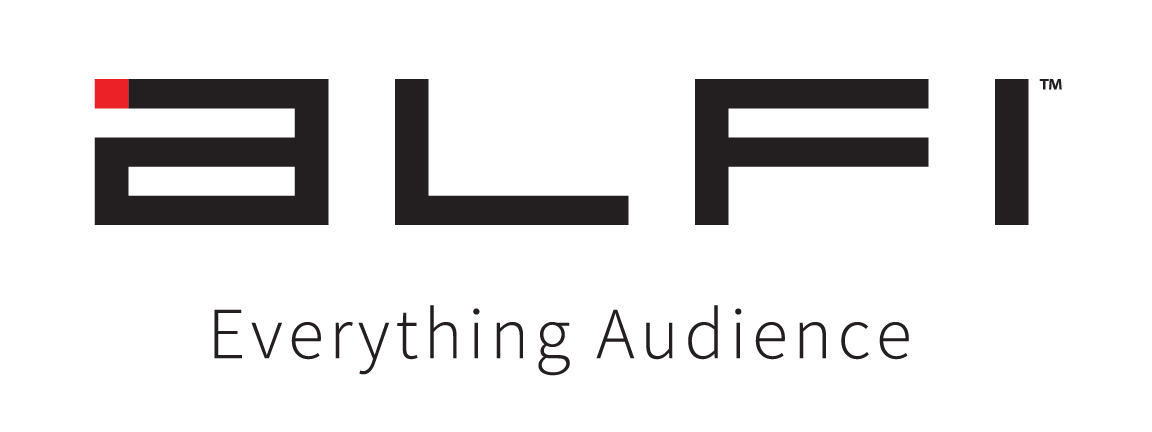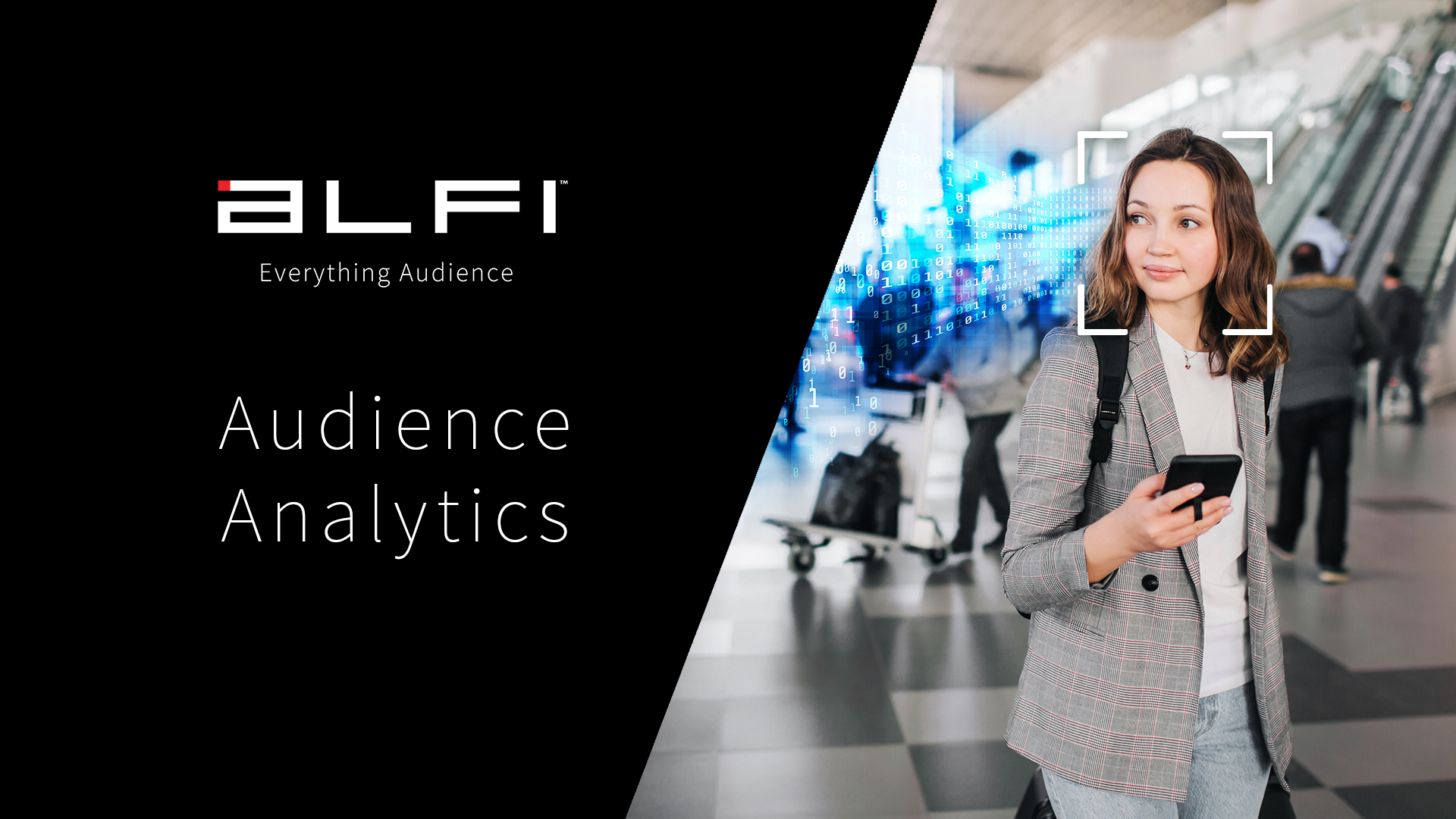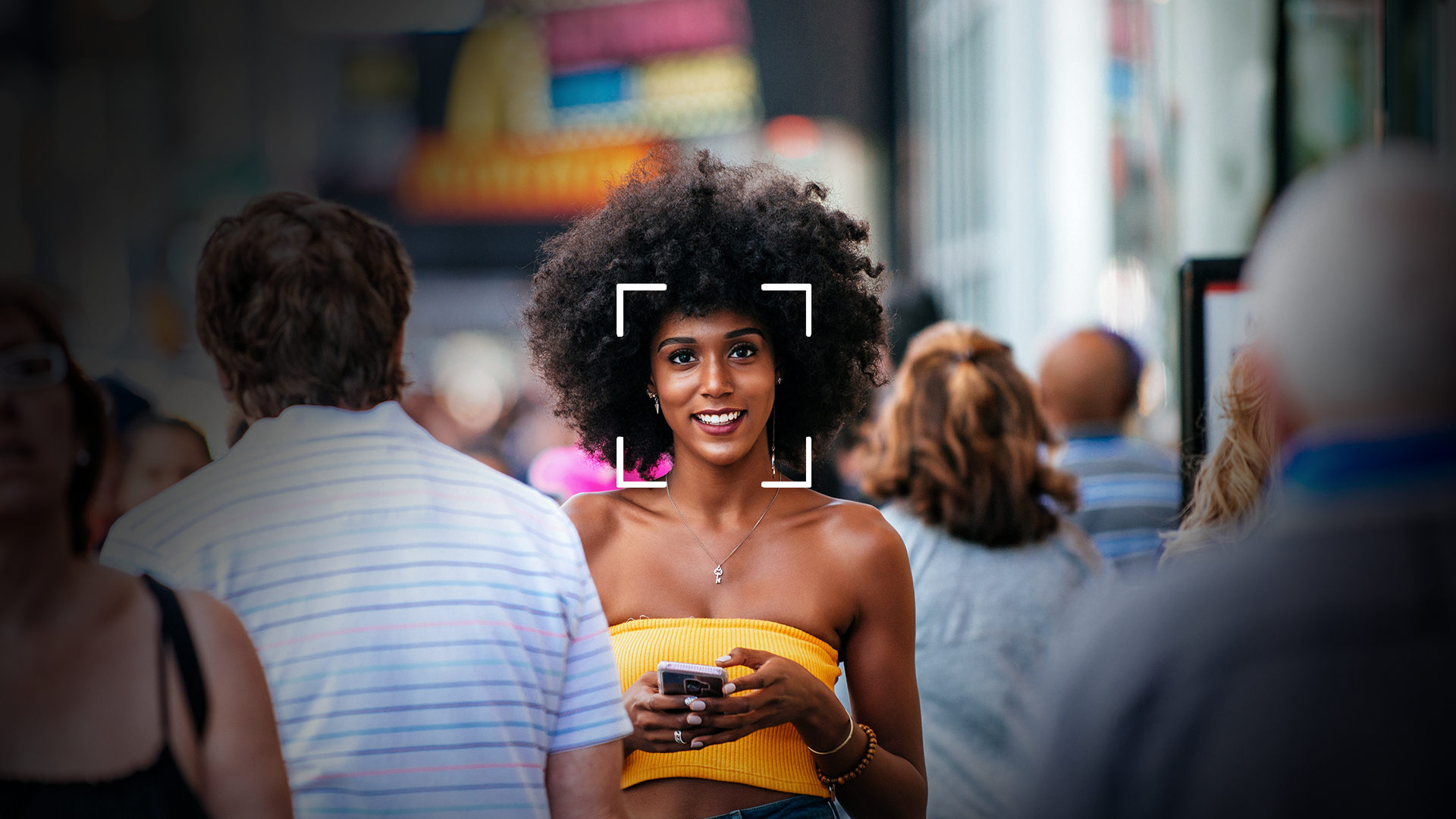We are way past that point where we have to define artificial intelligence. From all the Google searches you do every day to the self-driving car in your garage, you’re surrounded by artificial intelligence. In recent years, Ai started getting in on every area and marketing is one of them.
Your Instagram feed is an ai-powered marketing tool.
The Alfi tablet you’re holding is an ai-powered content delivery machine.
You get the idea.
What Are We Talking About in This Blog Post
- How Does Ai Change the Way We Interact with Brands?
- Improved Shopping Experience
- Detailed Targeting and Increased ROI in advertising
Let’s dive into it.
How Does Artificial Intelligence Change the Way We Interact with Brands?
Let’s say a consumer is looking for an inexpensive chair. What do they do if they don’t already have a brand in mind? They put the words best cheap chair on Google search bar. How does Google select the best brand? Do they test all chair brands? No. Google uses machine learning, an algorithm called RankBrain, to rank the websites that show up on the search results. The pool of brands the consumer will select their next chair from has been narrowed down for them by artificial intelligence.
On another platform, a similar process occurs every time you scroll through your feed. Every time you open Instagram, the algorithm decides what kind of content you might like and serves you in the order you would appreciate. Nowadays, even if you follow the brand, if they are not producing the kind of content the algorithm thinks you like, you won’t see them on your feed.
Similarly, every time you look at an Alfi-powered device, the machine learning algorithm detects your age and gender and serves you the content you might like. With every interaction, the content and the advertisements get better. Unlike tech giants like Google and Facebook, however, Alfi respects your privacy by not knowing your name, email address, or where you live. But it remembers your face every time you look at it—wherever you go.
Detailed Targeting and Increased ROI in Advertising
Artificial intelligence in marketing helps advertisers get the best out of their investments by increasing the return on investment (ROI.) Big data, machine learning, and detailed targeting allow the advertising platform to only show the ad to the people who would actually be interested in that ad.
For example, by determining the age, gender, and emotion of the person who is looking at the screen, Alfi picks the best content and advertisements for that person with the help of big data and machine learning. Then, the algorithm behind Alfi tracks the user’s behavior to improve the content in real-time. This results in higher-than-industry-average click-through rates.
Let’s talk with numbers.
For video ads, the click-through rate of video ads ranges around 0.30 percent. Alfi offers advertisers a 5.87 percent click-through rate for video ads.
That’s money well-spent, thanks to artificial intelligence.
Optimized ad performance
One of the greatest features of artificial intelligence in digital advertising is that ai optimizes the ad performance for you. While artificial intelligence focuses on which platforms and formats your ad works best and gives you recommendations on how to improve your ad performance, you can focus on bigger strategies to optimize your overarching digital marketing efforts.
Although it differentiates from one platform to another, mostly artificial intelligence does the work to optimize the ad performance. In other cases, ai gives you recommendations on the changes you should make.
Ad creation
Most advertisers and content marketers know that social media networks already suggest how they should create ads based on their activity on the network. Artificial intelligence, today, is capable of knowing what an audience will like and optimize ads accordingly. The next level of this kind of artificial intelligence-based ad creation is copywriting for ads.
There are artificial intelligence-powered platforms out there that help advertisers write copy for their ads. This comes from big data and machine learning practices and a lot of interactions with ads. Using natural language processing (NLP) and natural language generation (NLG), artificial intelligence can now write copy with ads and it will get better in time, leaving more important tasks to humans.
The user is targeted with ads. They clicked on it and the ad took them to an e-commerce site. Does artificial intelligence stop there?
Of course not.
Improved Shopping Experience
Every time you see “customers who bought this item also bought” or “recommended for you” on a website or an app, most likely artificial intelligence is recommending products, movies, TV shows, or songs to you. For instance, Amazon uses machine learning to show relevant products to its customers. Implementing practices like this on e-commerce platforms not only increases the revenue for the business owners, but also improves the customer experience. And it’s not limited to showing a few related products.
The power of artificial intelligence shines through other customer-facing services like chatbots. Couldn’t decide on what to buy? Let the chatbot help you. Did something go wrong with your order? The chatbot will take care of that. Took too long to purchase? Let the chatbot offer you a 10 percent discount to help make up your mind. It’s a win-win.




